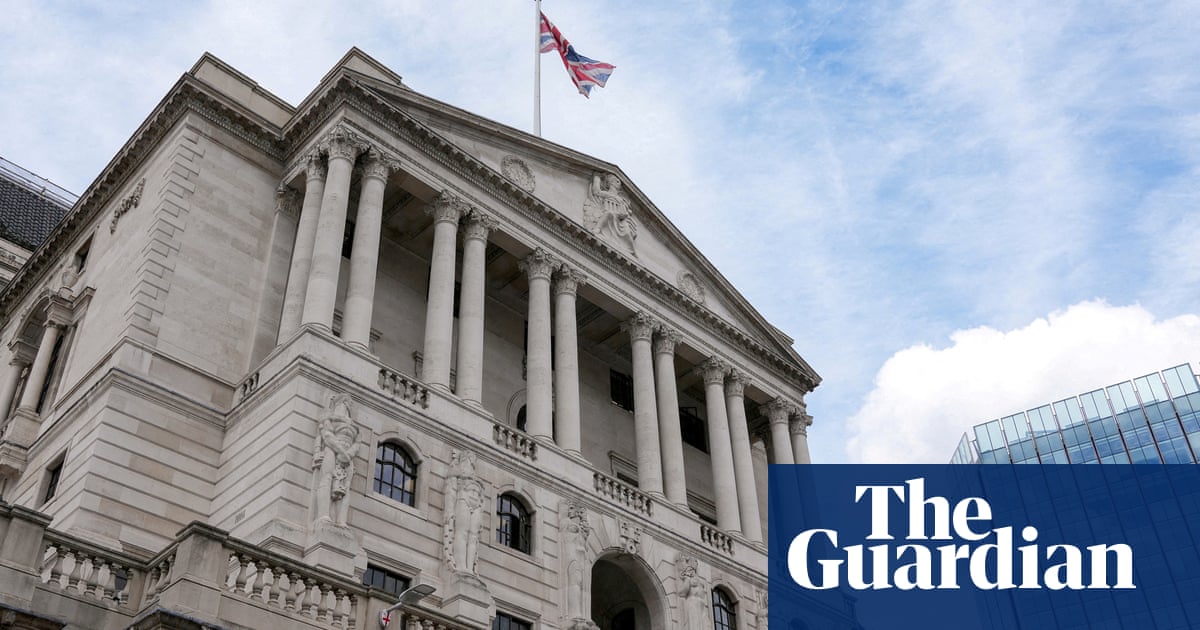
The union of England, Scotland, Wales and Northern Ireland has appeared highly prone to rupture over the past decade or so owing, primarily, to the rise of the Scottish National Party.
However, the unexpected resignation last Monday of First Minister Humza Yousaf, the leader of the party, which rules the devolved Scottish Parliament in Edinburgh, underlines the fact that the almost two decade-long era of SNP control of Holyrood politics is ebbing fast.
The declining fortunes of the party are significant because not only has it enjoyed a very long period in control of the Parliament, dating back to 2007, the SNP also charged the debate over Scottish independence and came within a relative whisker of winning the 2014 referendum on whether or not Scotland should leave the UK.
This “near miss” should matter to the wider world because Scottish independence would damage the UK, including its ability to “punch above its weight” on the world stage. Losing the Scottish tax base, for example, especially at a time of huge fiscal challenges in the aftermath of the COVID-19 pandemic, would make it harder for the UK to meet its new plans to spend 2.5 percent of gross domestic product on defense in the wake of Russia’s invasion of Ukraine.
Though a resurgence of support for Scottish independence in the longer term cannot be ruled out, the current era of SNP rule is on its last legs.
Andrew Hammond
Moreover, the UK’s large overseas aid budget and its extensive network of diplomatic and trade missions would also be affected. Collectively, this would undermine both the hard and soft power that has enabled the nation to punch above its weight for so long.
Scottish independence would also erode the UK’s voice in international forums, including the UN, G7, G8, G20 and NATO. It could also, potentially, and perhaps most significantly, be seized upon by some nonpermanent members of the UN Security Council, or other UN member states, to catalyze calls for a review of the UK’s role as a permanent member of the council.
Certainly, reform of the Security Council is overdue. However, Scottish independence could have resulted in this issue being decided on less favorable terms for the UK than might otherwise be the case.
Though a resurgence of support for Scottish independence in the longer term cannot be ruled out, the current era of SNP rule is on its last legs. The resignation of Yousaf, after he terminated a power-sharing agreement with the Scottish Green Party, will probably hasten the transition to a new administration in Holyrood through an election that could take place as soon as this year, and no later than 2026.
While Yousaf made multiple missteps during his year in office, and his was the second-shortest term of a first minister in the 25-year history of the Scottish Parliament, he inherited a troubled legacy from predecessor Nicola Sturgeon, the nation’s longest-serving first minister. From at least 2014, following the independence referendum and the resignation of her predecessor Alex Salmond, she was the dominant Scottish politician, until her resignation last year.
While Sturgeon proved to be a formidable politician, even she was unable to find a solution to the vexed conundrum of how to stage and win a second referendum on Scottish independence within a generation of the previous poll. Therefore she spent much of the final years of her time in power on the back foot.
Part of the reason for this also lay in her championing of a number of controversial policies, including one on trans rights through a Gender Recognition Reform Bill that would have allowed people in Scotland as young as 16 to easily change their legal gender (the bill was ultimately vetoed by the UK government on the grounds that it would undermine UK-wide equality laws).
The combined effect was that some polls showed backing for the SNP had slumped to its lowest level in five years by the time Yousaf took office.
Scottish independence is a bad idea which would weaken the domestic underpinnings of the UK’s international influence.
Andrew Hammond
However, the issue of independence was the one on which the SNP most significantly failed to grasp the nettle. Its case was not helped by a clear ruling by the UK’s Supreme Court that the Holyrood legislature does not have the authority to unilaterally call a fresh referendum on the issue without the consent of the UK government.
Since 2014, Sturgeon and Yousaf repeatedly sought ways to push the independence debate in their favor, but a decade later there is relatively little to show for their efforts. This despite their attempt to capitalize on the political unpopularity of the outcome of the 2016 Brexit referendum. Though the UK-wide result was a narrow victory, by 52 percent to 48 percent, in favor of leaving the EU, the people of Scotland voted 62 percent to 38 percent in favor of remaining.
The SNP argued that Brexit represented a material change to the UK in the aftermath of the 2014 independence referendum, and so this justified granting the Scottish people another chance to vote on whether or not to remain part of the union.
Latterly, Sturgeon’s favored tactic was either to wait for the next UK general election, which must take place by January 2025, and use a good result for the SNP to put pressure on the UK government to agree to another referendum, or to wait and portray the next Scottish Parliament election as a de facto vote on independence.
Given the declining popularity of the SNP, however, neither approach is likely to be a game changer. The party therefore still lacks a road map for delivering the independence that would unravel the UK, one of the world’s longest and most successful political unions. Any new referendum is now unlikely to take place until the 2030s, at the earliest.
Certainly, Scotland has legitimate concerns about the “thin” Brexit deal agreed between the UK and the EU in 2020. However, the failure of the SNP project is welcome because it was potentially leading Scotland, and the wider UK, down a political and economic black hole that would probably weaken all members of the union, given that their futures are better together.
For Scotland, there remain huge uncertainties about whether it would benefit significantly from independence, not least because of the deficit between tax revenues and public spending in the country, which it can better deal with as part of the union with England, Wales and Northern Ireland.
All of this underscores the fact that Scottish independence is a bad idea which would weaken the domestic underpinnings of the UK’s international influence. At a time of growing geopolitical and economic uncertainty, the future of Scotland and the UK is better together.
Andrew Hammond is an associate at LSE IDEAS at the London School of Economics












